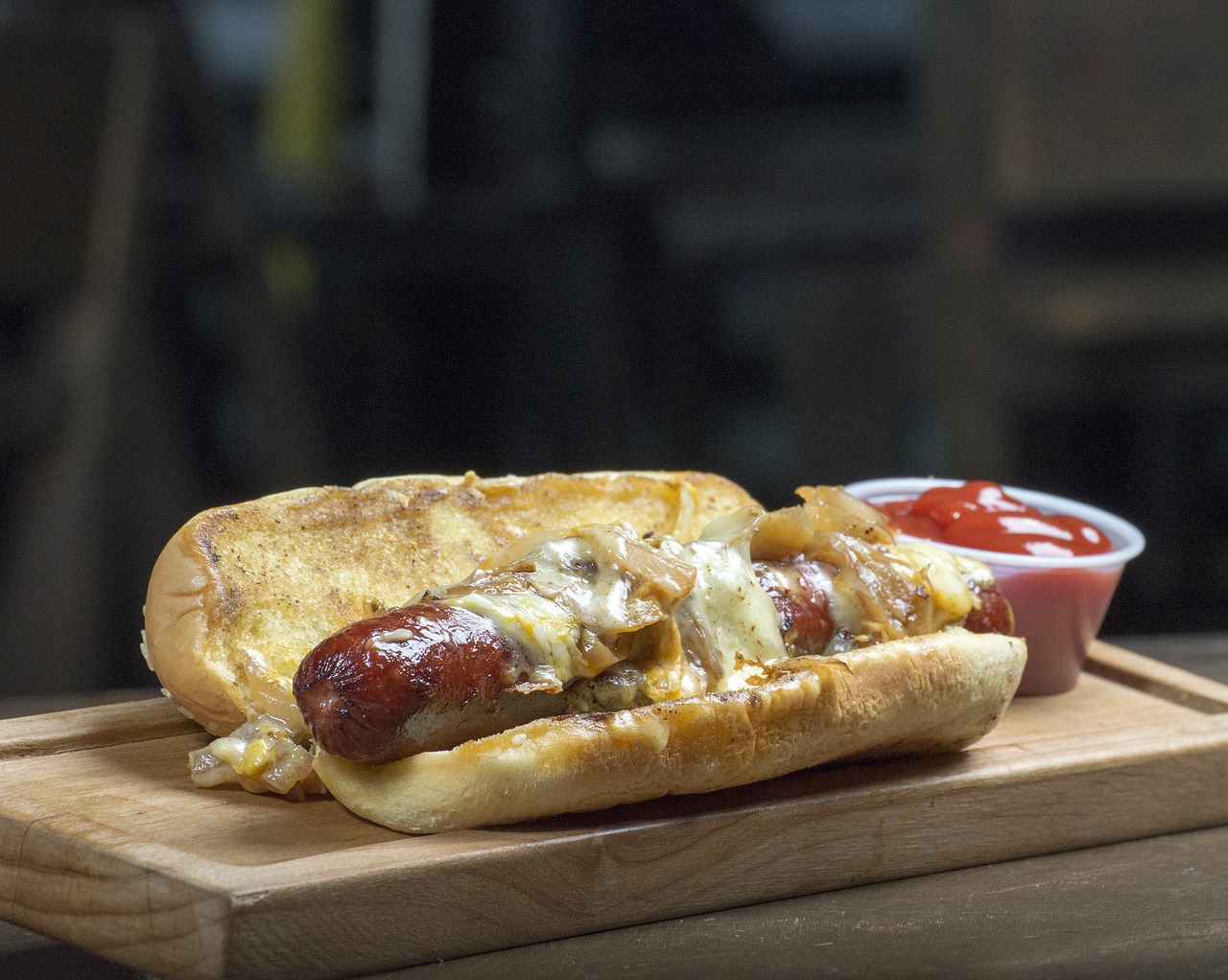
Red sauce, brown sauce or no sauce at all – checking for bias at the BBC
One of the great pleasures of a Saturday morning is being able to linger over your breakfast whilst listening to the wit and whimsy of Danny Baker on Radio 5. A highlight of his show is the sausage sandwich game in which two listeners compete to answer questions that only that day’s celebrity guest could possible know.
Today’s guest was Wayne Bridge, who will soon be moving house, and one question was how many letters separate the first letter of his new street and the first letter of the last foreign country he visited. So, for example, if he is moving to Filbert Street and the last country he visited was Japan, the answer would be 5, as there are five letters separating F and J.
The contestants were given three options:
- Less than 6 letters separating them
- Between 6 and 12
- More than 12
“What a great question” I thought, no use using Google – only Mr Bridge would know the answer to that. But is it a fair question? Can you use maths to help you decide if the three options are equally likely, or is this an example of bias at the BBC, the smoking gun its opponents have been hunting for? I fired up my spreadsheet, grabbed some paper and a sharpie and began to crunch the numbers …
I wont bore you with the full calculations now, but here is brief look at my methodology. (You could safely skip this bit if you wish.) Take the letter K as the first letter of the street name. The probability of K being the first letter is 1/26 (26 letters in the alphabet). To be separated by less than six letters it could have 5 letters above it (F to J), or 5 letters after it (L to P) or it (the country) could begin with K, so if K is the first letter of the street, there are 11 letters the country could start with to have a separation of less than six. So the probability is 1/26 x 11/26. For the second option (separation between 6 and 12 letters) the probability is 1/26 x 12/26 and for the third option, a separation of greater than 12 there are only 3 possibilities: X, Y and Z, so the probability is 1/26 x 3/26. Repeat this process for each letter of the alphabet and sum the probabilities.
And the results are in! (If you skipped the above paragraph, you need to rejoin now).
The chances of three options are below:
- Less than 6 letters separating them 38%
- Between 6 and 12 35%
- More than 12 27%
So not too much difference between the first two options, but picking a separation of more than 12 letters would not be a good choice.
I think we can conclude that the the BBC has done its best to be fair, although it has succumbed to a little negative bias against the more than 12 separation. It does, however, raise the fascinating question of whether the question could have been made more equal for all options. If the summer holiday weather remains as rubbish as it has begun today, I may just ponder that problem a little longer.
But what we can be sure of, is that The Danny Baker Show remains the broadcasting highlight of the week.